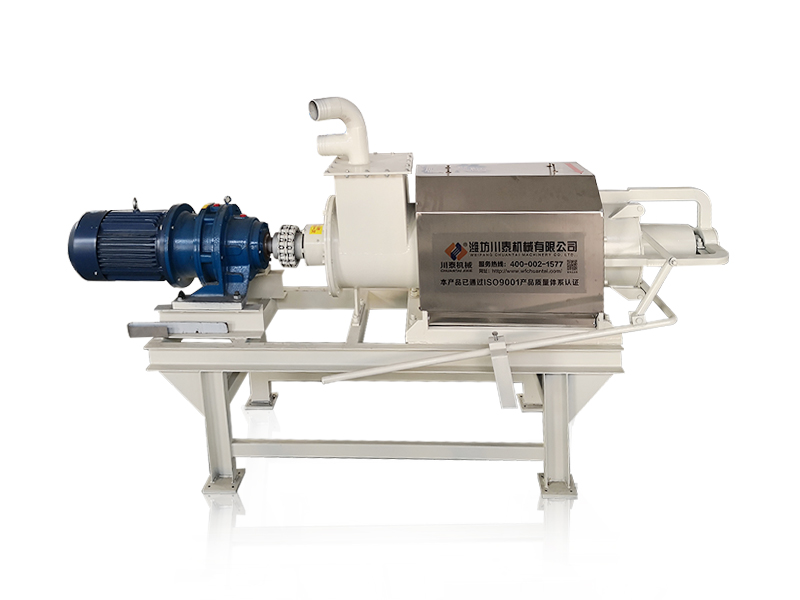Q&A
Enhancing Industrial Processes with Liquid-Solid Separators

Introduction:
In the realm of industrial processes, the efficient separation of liquids and solids is a critical aspect that plays a pivotal role in ensuring the smooth operation of various systems. Liquid-solid separators, also known as filters or filtration systems, are integral components that facilitate the separation of suspended solids from liquids, leading to improved product quality, equipment longevity, and overall process efficiency.
The Significance of Liquid-Solid Separation:
Quality Assurance: Industries such as pharmaceuticals, food and beverage, and water treatment rely on liquid-solid separators to ensure the removal of impurities, contaminants, and unwanted particles from liquids. This results in higher-quality end products that meet stringent industry standards.
Environmental Compliance: Compliance with environmental regulations is a key concern for modern industries. Liquid-solid separators aid in the removal of pollutants, helping industries meet regulatory requirements and contribute to sustainable and eco-friendly practices.
Equipment Protection: Industrial machinery and equipment are susceptible to damage caused by the presence of solid particles in liquids. Liquid-solid separators act as a barrier, preventing the entry of these particles into sensitive equipment, thus extending their lifespan and reducing maintenance costs.
Types of Liquid-Solid Separators:
Gravity Separators: These separators use the force of gravity to allow solid particles to settle at the bottom, while the clarified liquid is discharged. Common examples include sedimentation tanks and clarifiers.
Centrifugal Separators: Operating on the principle of centrifugal force, these separators use high-speed rotation to separate solid particles from liquids. Centrifuges are widely used in industries like oil and gas, where the removal of fine particles is crucial.
Filtration Systems: Employing various filtration media such as sand, cloth, or membranes, filtration systems physically separate solids from liquids. These systems are versatile and find applications in a range of industries.
Applications Across Industries:
Water Treatment: Municipal water treatment plants utilize liquid-solid separators to remove impurities, sediment, and contaminants from water, ensuring the delivery of clean and safe drinking water.
Pharmaceuticals: In pharmaceutical manufacturing, liquid-solid separation is vital for producing pure and sterile drugs. Filtration systems are employed during various stages of drug production to maintain product integrity.
Food and Beverage: From removing solid particles in juices to clarifying beer and wine, liquid-solid separators play a crucial role in ensuring the quality and clarity of beverages.
Conclusion:
Liquid-solid separators are unsung heroes in industrial processes, quietly working to enhance product quality, protect equipment, and promote environmental responsibility. As industries continue to evolve, the demand for efficient and reliable liquid-solid separation technologies will remain paramount in achieving optimal operational performance.
Recommend
- Revolutionizing Sustainability: The Role of Spent Grain Dewatering and Drying Machines in Brewing2024-01-25
- Revolutionizing Sustainability: The Role of Food Waste Press Dewatering Machines2024-01-25
- Revolutionizing Cannabis Processing with Industrial Dehydrators2024-01-24
- The Importance of Screw Separators in Manure Management2024-01-23
- Enhancing Industrial Processes with Liquid-Solid Separators2024-01-23
NEWS
NEWS
Contact us
QQ:1272370381
Mob:+86 13053656336
TEL:+86 15684339888
Email:chuantaiscrewpress@gmail.com
ADD:Weifang City, Shandong Province,China
